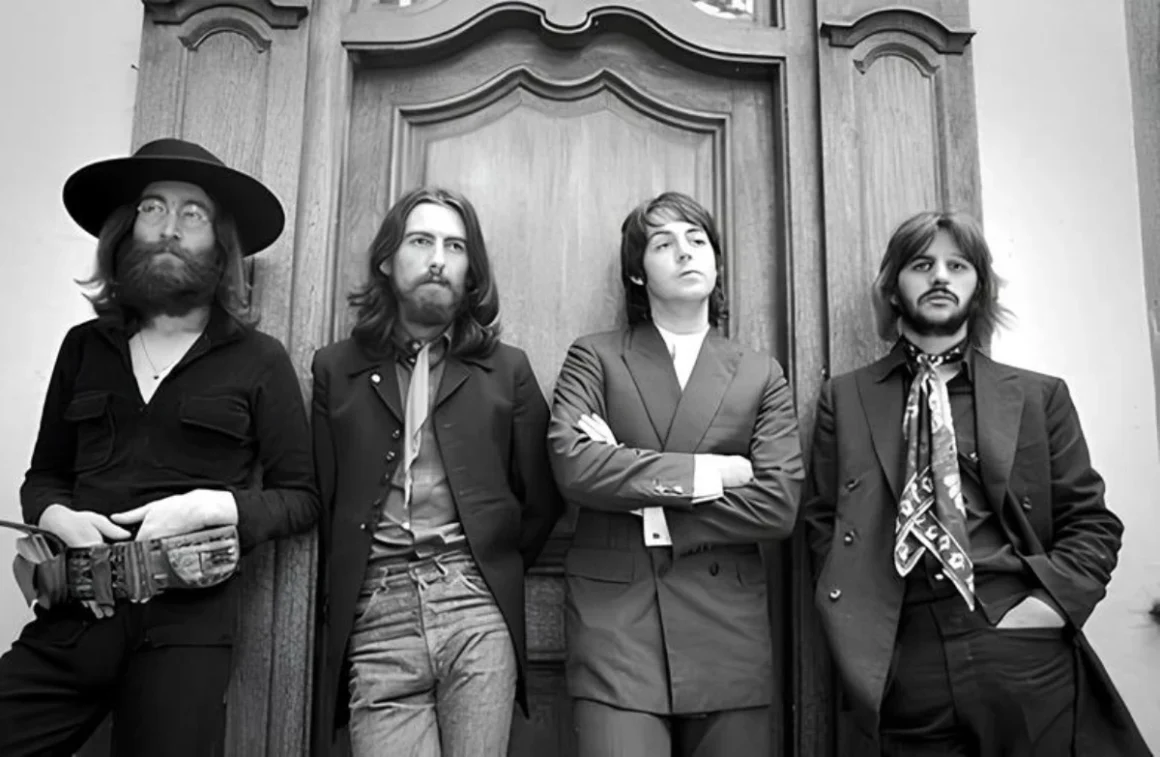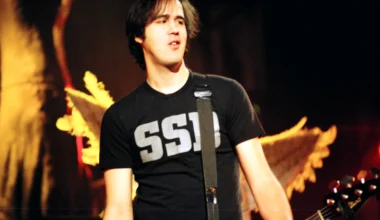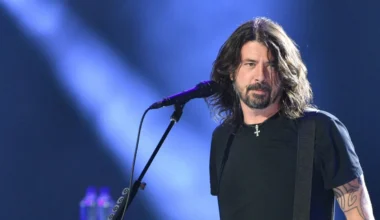In 1993, Francis Rauscher wrote in Nature that children who were exposed to Mozart’s music had higher IQs and spatial abilities. Over the years, mothers subjected their children to hours of classical music. Rumors spread to eminent figures such as Beethoven, Bach, and Debussy. Christopher Chabris, a psychologist, discredited this theory in 1999, and the late theoretical physicist Stephen Hawking may shed light on the misconception.
There could be a link between liking classical music and having a high IQ. However, there is no evidence of a cause and effect relationship. To use an analogy, just because shark attacks and ice cream sales increase on sunny days does not imply that one is a direct cause of the other. It just so happens that Oxbridge academics like Stephen Hawking have a more refined background in classical music and literature than, say, Take That and Nuts magazine.
With this in mind, it’s not surprising that Hawking chose mostly classical compositions for his appearance on BBC Radio 4’s Desert Island Discs in 1992. The true genius chose hits from Johannes Brahms, Ludwig van Beethoven, Richard Wagner, and Francis Poulenc. He concluded with his Castaway’s Favourite, Mozart’s ‘Requiem’ in D minor.
Hawking hinted at eclecticism with Edith Piaf’s ‘Non, Je Ne Regrette Rien’. However, with only one rock ‘n’ roll selection, he truly transported listeners to the second half of the twentieth century. When he wasn’t untangling formulas to figure out whether the meaning of life really is 42 to the sound of Beethoven’s ‘String Quartet No. 15′, Hawking enjoyed The Beatles’ early rhythms.
For Hawking, the pinnacle of Beatlemania occurred at the outset, when the band pioneered a new direction for British music. He chose the Beatles’ second UK single, ‘Please Please Me’. “After my first four rather serious choices, I would need some light relief,” Hawking stated about his decision. “For me and many others, the Beatles arrived as a welcome breath of fresh air.”
Of course, all ingenious innovation starts somewhere. John Lennon wrote ‘Please Please Me’ as one of his first original compositions, inspired by Roy Orbison and Bing Crosby. “I remember the day I wrote it, I heard Roy Orbison doing ‘Only the Lonely’ or something”. The Beatle told in The Beatles: Anthology. “I was also always intrigued by the lyrics to a Bing Crosby song that went. ‘Please lend a little ear to my pleas’. The word ‘please’ appears twice. “So it was a combination of Roy Orbison and Bing Crosby.”








